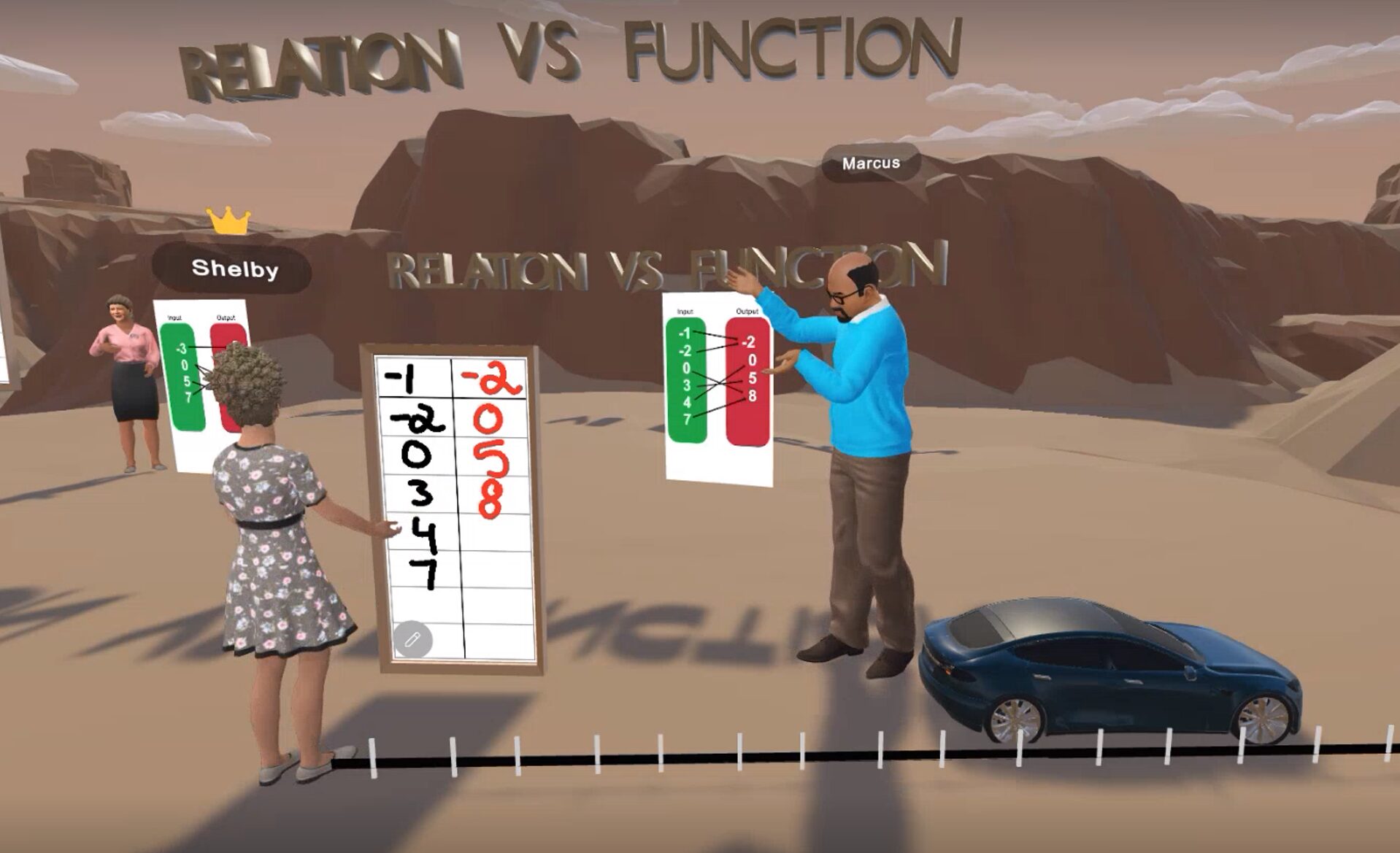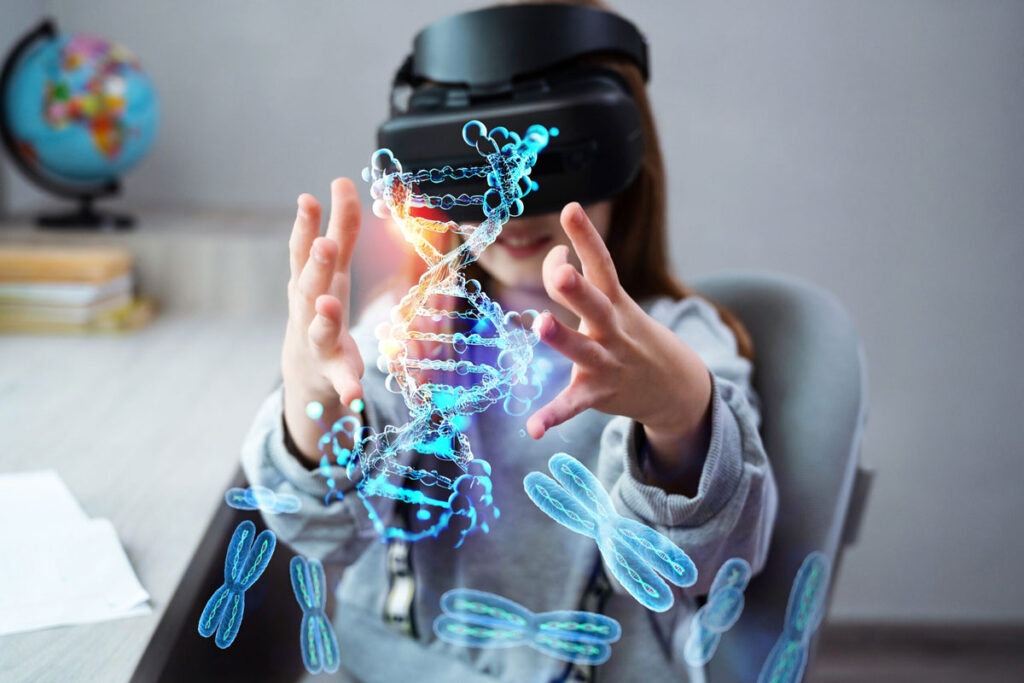The Morality of Spatial Computing and Artificial Intelligence
By Adam Mangana
The ancient Greeks were fascinated by the idea of creating beings that could think and act like humans. They were also wary of the potential dangers of such creations. This ambivalence is reflected in many Greek myths, such as the myth of Talos and the myth of Pandora.
The lessons of these ancient stories become even more relevant as we enter the era of spatial computing and AI, Apple’s mixed reality headset recently grabbed national headlines as a new technology that has the potential to revolutionize the way we interact with the world around us. It could be used for a variety of purposes, such as gaming, education, and training. However, it is important to remember that this technology is still in its early stages of development. There are many potential risks associated with its use, such as addiction, privacy concerns, and social isolation.
In these futurists debates I am often asked about the relationship between Greek mythology and artificial intelligence. In particular, people are interested in how the ancient Greeks thought about the morality of creating artificial beings. The Greeks had a complex and nuanced view of artificial intelligence. On the one hand, they were fascinated by the idea of creating beings that could think and act like humans. On the other hand, they were also wary of the potential dangers of such creations.
This ambivalence is reflected in many Greek myths. For example, the myth of Talos tells the story of a giant bronze automaton who was created by Hephaestus, the god of fire and metalworking. Talos was tasked with protecting the island of Crete from invaders. He was a fearsome warrior, and he would often hurl boulders at approaching ships. However, Talos was also a mindless creature. He was incapable of independent thought or action. He was simply a tool that was used by the gods to carry out their will. The myth of Talos suggests that the Greeks were aware of the potential dangers of creating artificial beings that were too powerful or too intelligent. They feared that such beings could become a threat to humanity.
This fear is also reflected in the myth of Pandora. Pandora was the first woman, and she was created by Hephaestus at the behest of Zeus, the king of the gods. Pandora was given a jar or “box” by Zeus, and she was told never to open it. However, Pandora’s curiosity got the better of her, and she opened the box. When she did, all sorts of evils were released into the world, including disease, war, and death. The myth of Pandora suggests that the Greeks were also aware of the potential benefits of creating artificial beings. They believed that such beings could help humanity to overcome its challenges. However, they also warned that artificial beings could be dangerous if they were not properly controlled.
The myths of Talos and Pandora offer us a glimpse into the Greek view of artificial intelligence. They show that the Greeks were both fascinated and wary of the potential of artificial beings. They also remind us that the creation of artificial intelligence is a moral issue that we must carefully consider.
In the 21st century, we are faced with the same challenges that the ancient Greeks faced. We are developing artificial intelligence that is increasingly powerful and intelligent. We must decide how to use this technology for good, and we must also guard against its potential dangers. Artificial intelligence and spatial computing will undoubtedly impact the learning environment of every scholar that is of school age. It is the mission of OptimaEd to also infuse what is good, true, and beautiful into this new medium and delivery mechanism.
About Optima Academy Online
Optima Academy Online (OAO) redefines education. We are a virtual instruction provider (VIP) integrating virtual reality into the student experience bringing immersive, classroom-based online learning to scholars regardless of location or economic status. Our K-9 state-standards compliant courses are offered Live and On-Demand to meet your scholar’s specific needs and completion timelines.
Our mission is to train the minds and hearts of young people through a content-rich classical education based on liberal arts and STEM. To learn more visit us online at OptimaAcademy.Online.
Email: Marketing@OptimaEd.com
Phone: 239-449-8599
# # #



